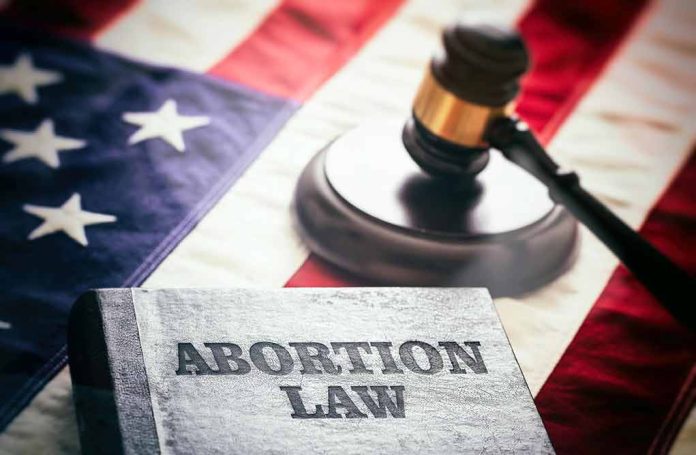
(USNewsBreak.com) – The Supreme Court of the State of Arizona (AZSC) handed down its decision in Planned Parenthood v. Mayes on April 9. The ruling affirmed an earlier determination in the Pima County Superior Court, vacated a subsequent opinion from the Arizona Court of Appeals, and reversed the decades-long limited protection of abortion rights in the state.
Arizona Supreme Court Reinstates Strict Ban on Abortions
The AZSC’s ruling paved the way for Arizona law enforcement officials and prosecutors to start enforcing Title 13 Criminal Code § 13-3603, a statute dating back to 1864 setting the punishment for providing, supplying, or administering a procedure to a woman with the intent to “procure a miscarriage of such woman.” That ban on abortions only provided one exception — to save a woman’s life.
Planned Parenthood filed a lawsuit in 1971 seeking a permanent injunction barring the enforcement of § 13-3603 but failed to convince the court to issue one because state lawmakers hadn’t passed a law granting a woman a right to an abortion, and the Arizona Constitution was silent on the issue. However, the AZ Court of Appeals revisited the issue after the US Supreme Court recognized a federal constitutional right to an abortion in Roe v. Wade (1973) and permanently enjoined the enforcement of § 13-211.
Dobbs Decision Changes Everything
In June 2022, SCOTUS overturned Roe with its ruling in Dobbs v. Jackson Women’s Health Organization, effectively eliminating a federal constitutional right to an abortion and returning the issue to the states. Subsequent to that ruling, then-Attorney General Mark Brnovich (R) filed a motion under Arizona’s Rule of Civil Procedure, 60(b)(5)(6), asking the AZSC to set aside the permanent injunction imposed in 1973 against § 13-3603.
Planned Parenthood filed a response opposing the motion. The pro-choice organization’s filing asked the court to modify the injunction against § 13-3603 to harmonize the state with a subsequent law, Title 36 Criminal Code § 36-2322, which bans abortions after 15 weeks and sets forth standards for doctors to follow when performing the procedure on patients.
The case bounced around between the lower courts. The Arizona Appeals Court agreed that the two statutes should be “harmonized” and concluded that Title 36 should govern, meaning that the 1864 statute (§ 13-3603) wouldn’t apply to physicians who performed abortions under § 36-2322.
Case Returns to the Arizona Supreme Court
Arizona physician Dr. Eric Hazelrigg sought a “timely review” of the appeals court opinion, and the AZSC granted the motion to “consider the statutory construction of Arizona’s abortion laws, post-Dobbs” under Article 6, Section 5(3) of the Arizona Constitution.
The AZSC said that neither the Arizona Constitution nor § 36-2322 bestowed a right to an abortion to women. Additionally, the court noted that the newer Title 36 law relied solely on the Roe decision as legal justification for setting limits to abortion since it was no longer a right post-Dobbs.
So, the Supreme Court handed down a ruling that held that officials and prosecutors could start enforcing § 13-3603 again. When that change may go into effect in real terms remains unclear.
Copyright 2024, USNewsBreak.com












